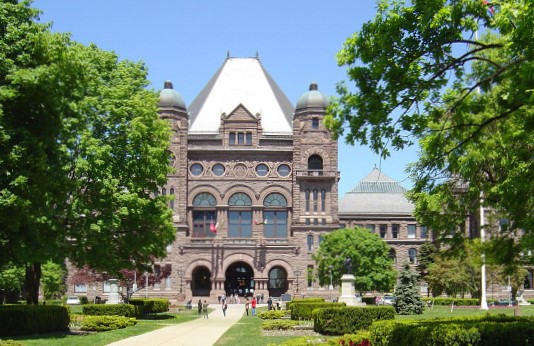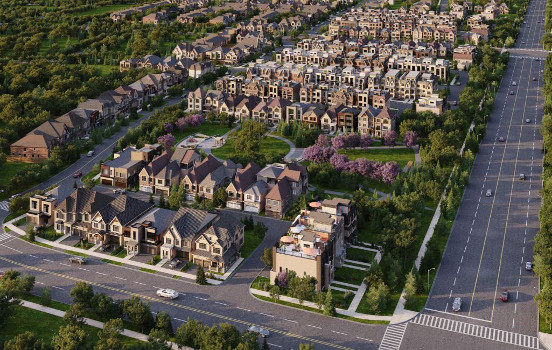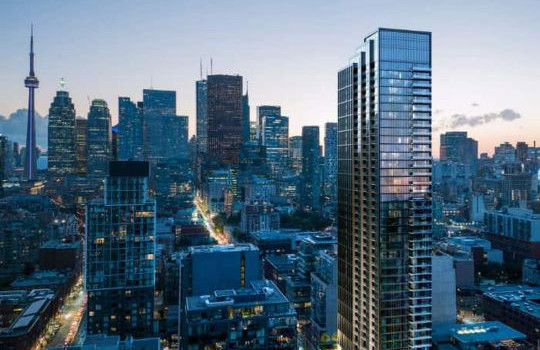It may come as a surprise that not all Ontario rental units are subject to rent control. New buildings, additions to existing buildings and most new basement apartments that are occupied for the first time for residential purposes after November 15, 2018, are exempt from rent control.
Click Here for Residential Rent Increase Guidelines
What Units Qualify for the Exception?
There are two types of units that qualify for the exemption.
- A building, mobile home park or land leased community, no part of which was occupied for residential purposes on or before November 15, 2018; and
- Rental units located in detached, semi-detached and row houses meet and are subject to the following specific requirements:
- The property cannot contain more than two residential units on or any time before November 15, 2018;
- The unit must have its own bathroom and kitchen facilities and at least one exterior/ interior entrance;
- Each entrance has a door that can be secured from the inside of the unit;
- At least one door must be capable of being locked from the outside;
- The residential rental unit came into existence on or after November 15, 2018; AND
- One or both of the following apply:
- The building is owner occupied
- The unit was created in a previously unfinished space.
What Does This Mean For Landlords?
If the unit is outside of rent control, once a year, upon giving the tenant 90 days’ notice, a landlord can raise the rent as much as they please (to fair market value).
A landlord is permitted to increase the rent in their units once per year, whether it be twelve (12) months after the last rent increase or twelve (12) months after the date the tenancy begins, assuming the tenant signed a 1-year lease agreement.
What is the Process for Increasing Rent?
The process for increasing rent is relatively simple. Landlords must give the tenants 90 days’ notice of the change in rent by serving the N2 form, Notice of Rent Increase (Unit Partially Exempt). The landlord does not require any permission from the LTB to increase rent, nor is there a maximum amount that rent can be increased. So long as proper notice is given, a landlord can raise the rent of their unit as much as they please.
Improper service may require landlords to restart the process. There are a number of proper ways to serve notice including delivery in person to the tenant, sliding it underneath the unit door, or putting it in the mailbox. Posting notice on the door or sending a text message will constitute improper notice. As of December 15, 2018, landlords and tenants can agree to service by email, but there must be some form of written consent.
Though it is not mandatory that the landlord notify the tenant in the lease agreement that the unit is not subject to rent control, doing so is recommended as a common courtesy.
*The information contained on this site is for general guidance only and is not to be construed as legal or other professional advice. It should not be used as a substitute for consultation with legal or other competent advisers. Before making any decision or taking any action, you should consult a professional.
*With regard to the intellectual property rights of others, individuals who have a belief that their work has been replicated in a manner that constitutes copyright infringement may contact us.





